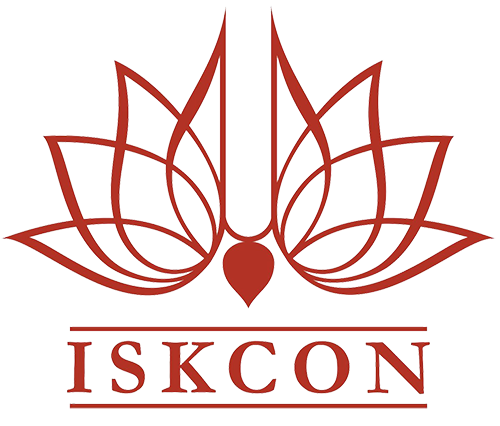
The Bangalore-based Sri Radha Krishna temple rightsized its IT service desk and got a better view of its servers and network through the deployment of solutions from ManageEngine.
The Bangalore based Sri Radha Krishna temple, one of the largest ISKCON (International Society for Krishna Consciousness) temples in the world, is built on sprawling ground and has impressive Information Technology assets.
According to Ayyappa Dasika, Project Manager IT, at the Bangalore centre, the temple has a data center within its complex that hosts around 36 servers. Their storage requirement is met by a unified storage box, a NAS box and a tape drive for archival and back up.
The network is spread over four acres of land and has about 1000 endpoints with 13 zones and 36 sub-zones. According to Dasika, this is a Cisco network over fibre backbone. They also have about 400 computers at the complex, Dasika informs.
Like any IT environment, ISKCON's Bangalore centre needed to be monitored for keeping track of network availability, responsiveness and performance. But for achieving this objective they did not have the right solutions and tools till about two years ago. The centre also needed an efficient service help desk solution to handle their IT service tickets.
Then there was the requirement for an effective patch manager who could help them manage the various software upgrades in a secure and efficient manner. After evaluating various solutions available in the market, we shortlisted offerings from Sapphire and ManageEngine. Initially we decided to use trial versions of solutions from both these companies to make ourselves sure about what we were buying, Dasika says.
Drilling down the feature set
Finally the centre decided to use three solutions from ManageEngine. DesktopCentral for Desktop and Mobile Device Management and for patch management; ServiceDesk Plus Enterprise Edition, a help desk software; OpManager for Server and Networking Monitoring.
Dasika says that as they were using Windows Servers 2012 edition and Windows machines, the systems needed to be updated. Initially they were able to take care of only Windows patch upgrades and not the other third party tools. So they decided to deploy DesktopCentral for Desktop & Mobile Device Management to deal with this challenge.
Sridhar Iyengar, Vice President - Product Management, ManageEngine, explains that Endpoint Central is an integrated desktop and mobile device management software.
"It automates regular desktop management routines like installing patches, distributing software, managing IT assets, managing software licenses, monitoring software usage statistics, managing USB device usage and taking control of remote desktops, and more, he says. The centre, however, at present, is not using the solution for mobile devices.
He says that the solution has helped them set up right usage policies. For instance, they do not allow the users to download updates for third party tools on their own and also manage the users' USB access points.
Benefits of the new system
In the past, the centre was using a traditional way of service reporting. A web-based self-service portal not only helps in effectively dealing with service requirements, it also helps by providing a complete picture of the problem and the status of the issue. All this in a single console.
Dasika points out that after using the ServiceDesk Plus solution, they realised that they had a bigger IT service team than they needed. They reduced the headcount of service engineers from five to three and at the same time they handled calls more effectively.
"Our service desk now has a greater clarity on call logs and there are no chances of a ticket being repeated or missed,he adds To monitor and manage its network, server and virtual machines, the centre deployed the ManageEngine OpManager.
Due to synergy between the three solutions, Dasika, says the processes have become very smooth. In an event of any threat either on the network, server or desktop side, the OpManager is capable of raising alert and at the same time it logs in a service ticket at the help desk.
"I believe the decision to deploy ManageEngine has worked to our advantage. ManageEngine is more relevant to our needs and at least 40% more cost effective. The solutions do not require different database connectivity like MySQL, says Dasika.
The way ahead
Content with the existing ManageEngine solutions, the temple has now started using the trial version of ManageEngine's ADManager Plus, which is Windows Active Directory Management and Reporting Solution that helps AD Administrators and desk technicians with their daily activities. "We are still trying the solution, so far, it is working well. I plan to deploy the solution in the next financial year, Dasika concluded.
Source: http://computer.financialexpress.com/magazine/iskcon-temples-tryst-with-it/